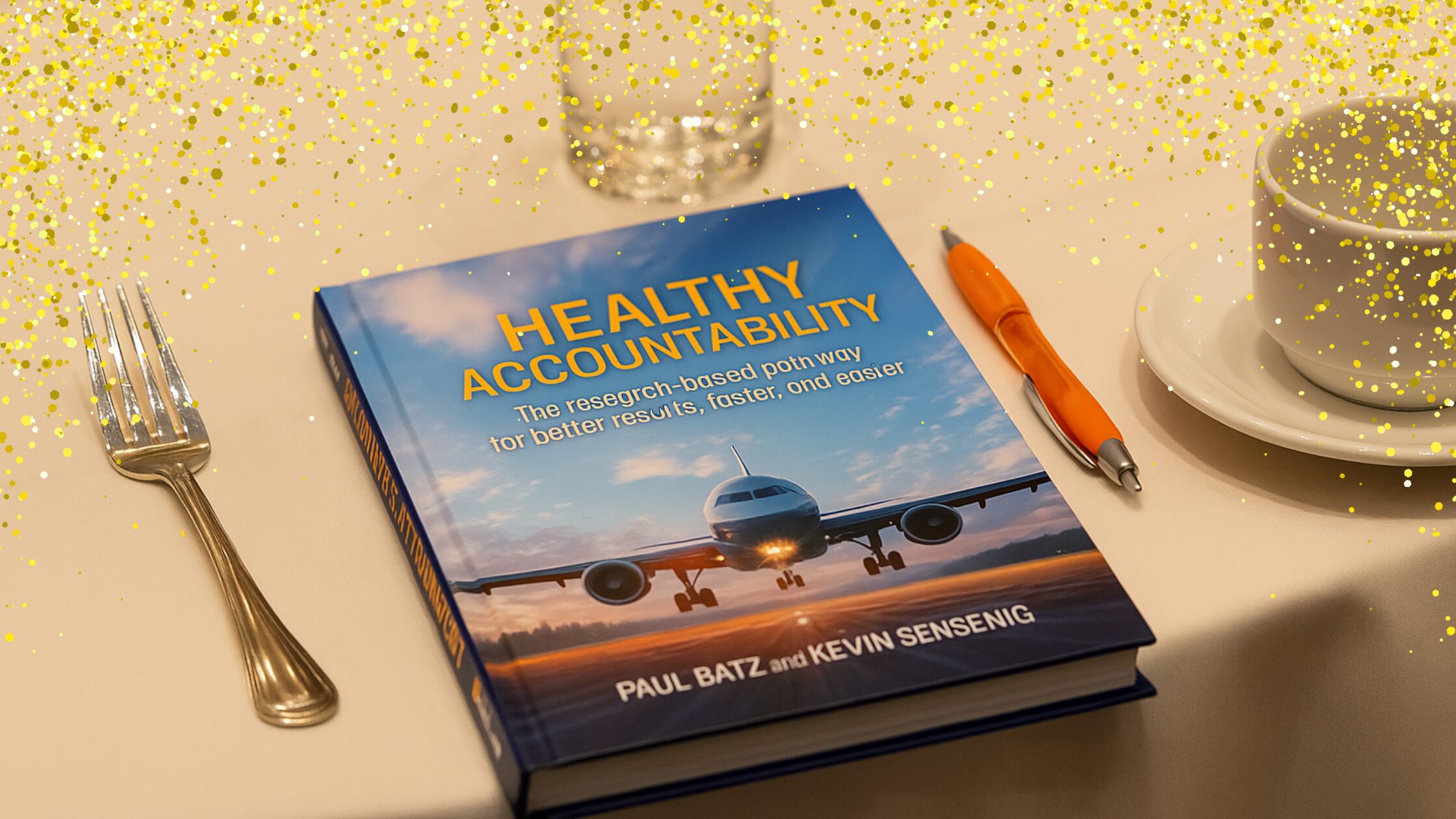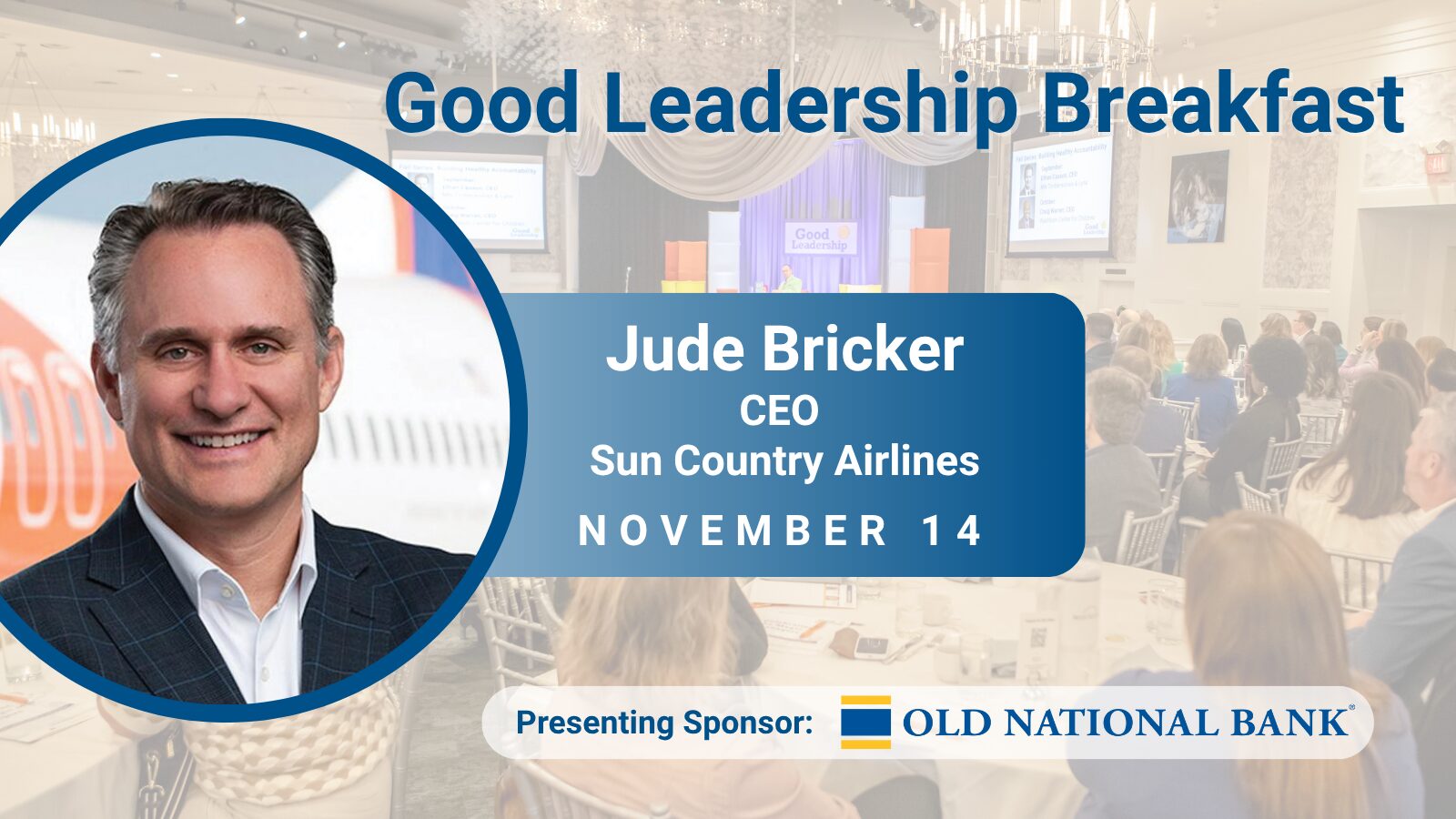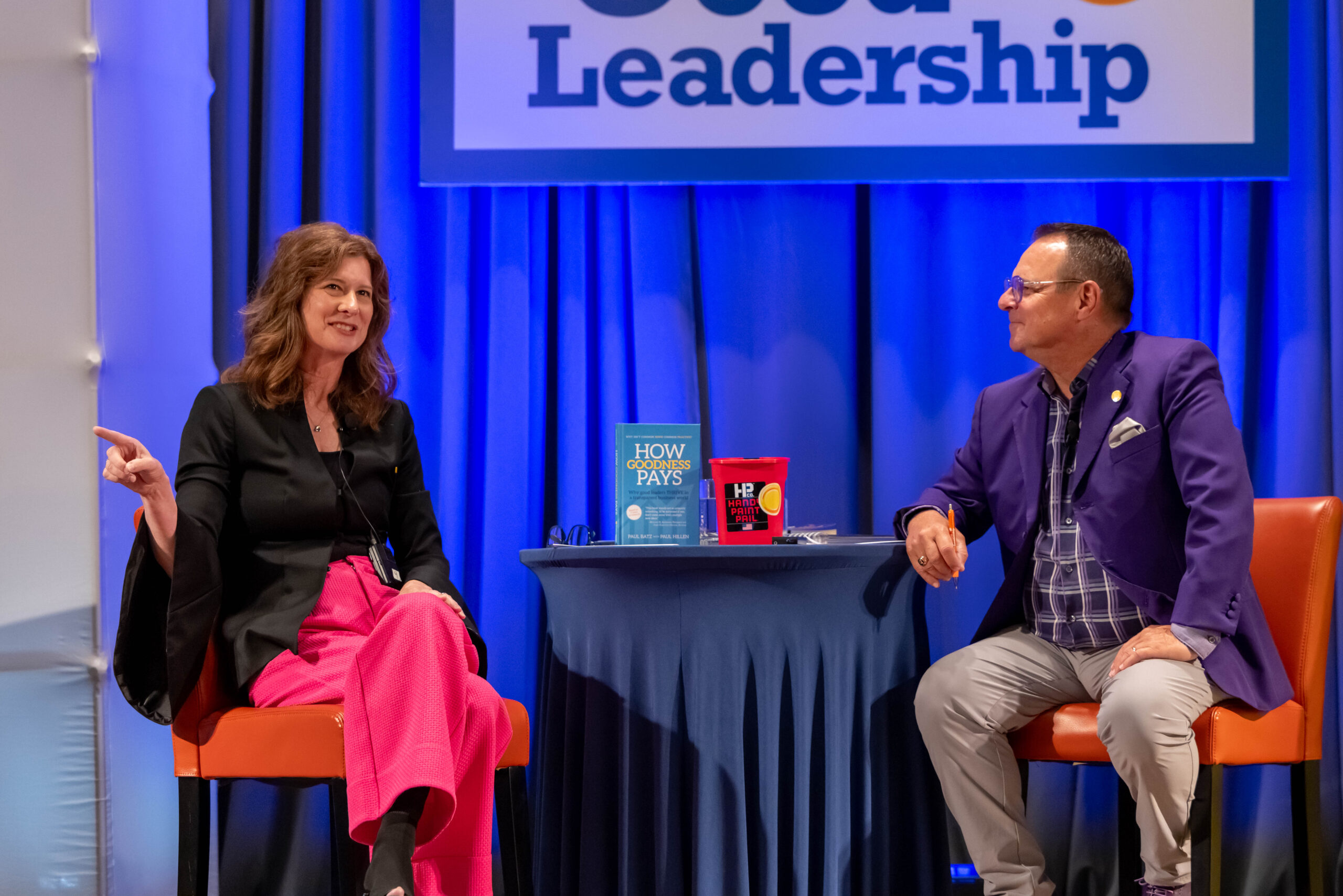
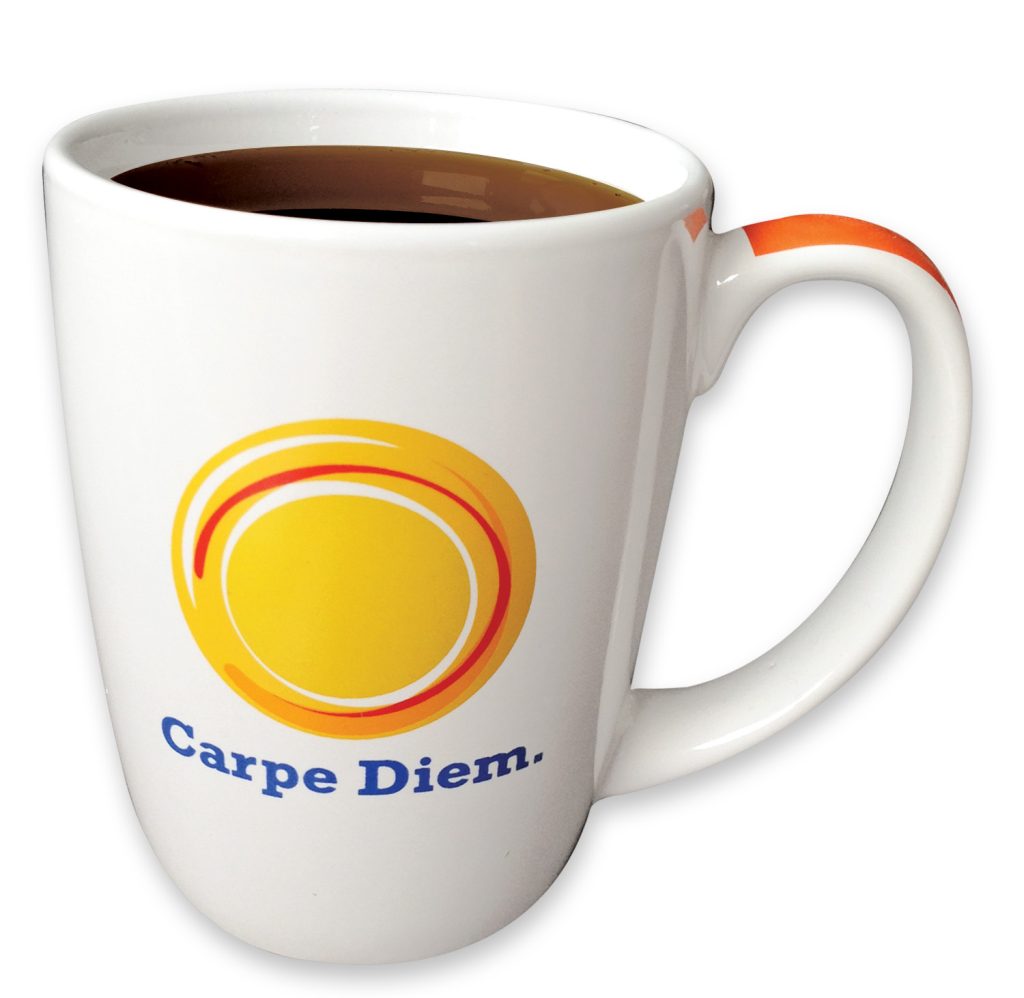
Good Leaders: Who is the Robin Williams in your life?
Paul Batz
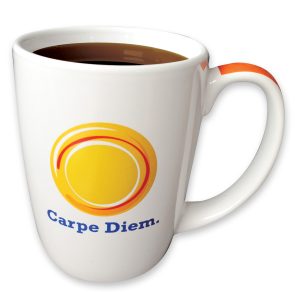 My first introduction to the Carpe Diem: Sieze the day! phrase was a hair-raising scene in the movie Dead Poets Society. The voice was Robin Williams. By now we know he took his own life after battling depression and other difficult things.
My first introduction to the Carpe Diem: Sieze the day! phrase was a hair-raising scene in the movie Dead Poets Society. The voice was Robin Williams. By now we know he took his own life after battling depression and other difficult things.
The Dark Room
Perhaps the silver lining is a new level of awareness about Depression, Bipolar Disorder and even Parkinson’s disease. Through the media, I heard a powerful description of depression that sounds familiar to me: Depression is a disease that wants to get you in a dark room alone so you can’t see the promising light of a new day.
Depression sucks

Unfortunately, depression understands the Carpe Diem, seize the day message: it’s counter-intuitive to retreat into a dark, quiet space while others around you laugh and play with life. It sucks. I learned the fate of Robin Williams while I was alone in a Los Angeles hotel room – an unexpected gut-punch from a newscaster who interrupted my baseball game on cable.
Close to home
It hit close to home because my blood line has a history of depression. My father is hospitalized now after battling Bi-Polar Disorder and suicide attempts. Like Robin Williams, he unsuccessfully treated himself with nicotine, alcohol and a mix of physician-prescribed solutions. His depression caused the people he loved to constantly walk on eggshells. It was a fragile dance that eventually sucked the joy of family from his everyday living.
If you’ve never slid into the dark room, there’s no way you can fully respect it’s power. That’s why I found Billy Crystal’s tribute to Robin Williams so inspiring. If you haven’t seen his two-minute tribute from the Emmy’s, watch it here. To people who wrestle with depression, the highs are light and intoxicating, while the lows are magnetic, hypnotic and heavy.
So who is your Robin Williams?
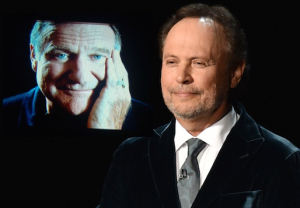
With one in 13 people today suffering in some way from clinical depression: who needs your care, attention and praise? A recent article from the Huffington Post asserts the point even stronger: “One in four people annually in this country has a mental illness that impairs their function.”
From my sunlit office in Edina, Minnesota, I’m praising my own father for making it through enough of the dark rooms to give his three kids a good life. While Robin Williams is still creating headlines, there are plenty of people within your handshake today who just can’t seem to find joy. Depression sucks because people rally around cancer, but no one does a fun run for depression. It’s just too hard to touch.
Good leaders make a habit of helping others see the promising new light in their everyday lives. And they find joy in helping others pull through the darkest days.
If this blog inspired you, please consider making a gift to Guild Incorporated – it’s the finest organization I know providing community-based services for people with mental illnesses. My friend George Broostin will be happy to help you help others.
Please answer my question: who is the Robin Williams in your life today?

